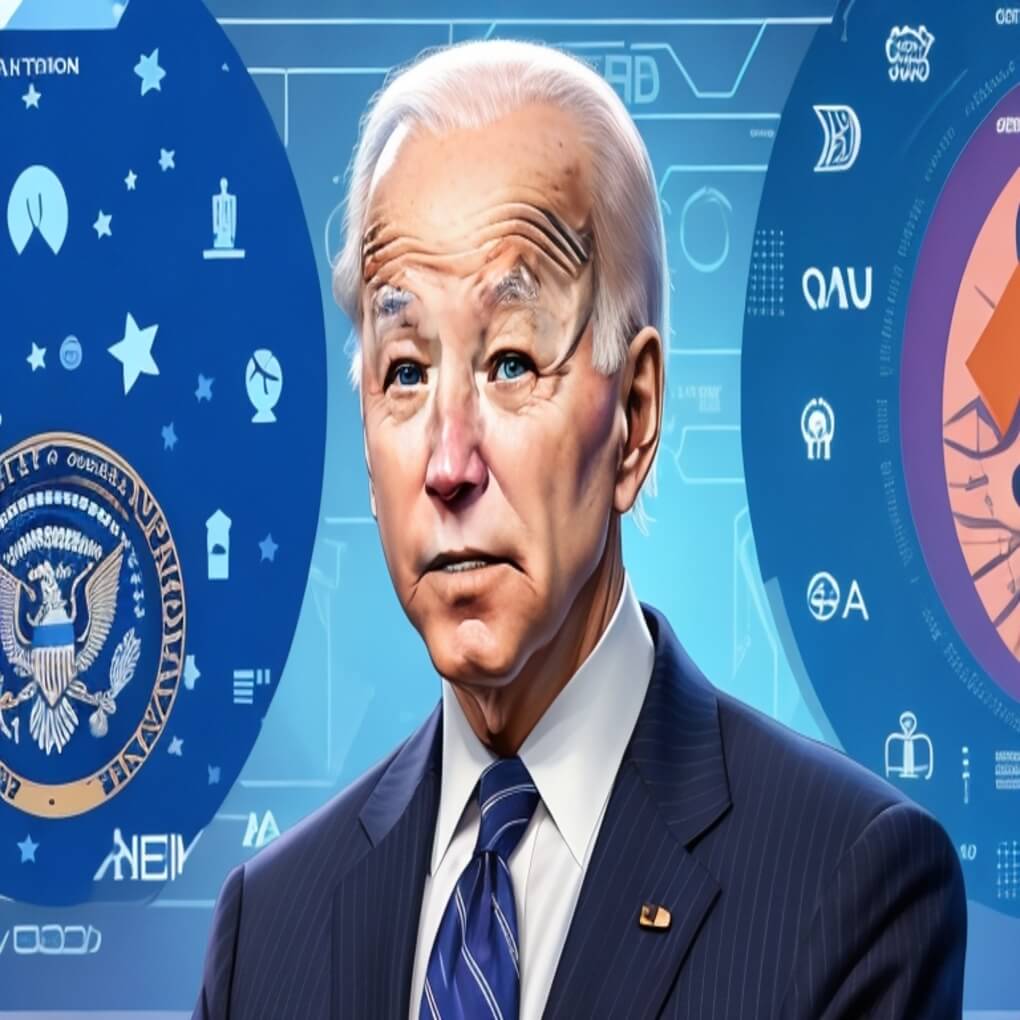In a significant diplomatic move, the United States and Vietnam have taken substantial steps to enhance their economic cooperation, emphasizing cutting-edge technology sectors such as artificial intelligence (AI) and semiconductor manufacturing. A recent high-level summit between U.S. President Joe Biden, Vietnamese government officials, and corporate leaders marked a pivotal moment in their shared pursuit of lucrative business opportunities.
Shared technological vision
Both nations have a common vision for the future, which revolves around emerging technologies crucial for economic growth and global competitiveness. This vision places AI, cloud computing, and semiconductors at the forefront, recognizing their pivotal role in navigating the digital transformation sweeping across industries.
This landmark summit witnessed the participation of top executives from leading Vietnamese companies, including VinFast, Vietnam Airlines, and MoMo. Their American counterparts, representing tech giants such as Google, Amkor, Boeing, and Marvell, underscored the importance of this diplomatic engagement with their active involvement.
Prominence of semiconductor manufacturing
Amkor’s recent announcement regarding establishing a $1.5 billion semiconductor manufacturing facility in Vietnam is a significant stride towards fortifying the global semiconductor supply chain. Focusing primarily on the assembly of AI chips, this move aligns with the broader international demand for advanced semiconductor technologies.
This development is particularly pertinent given China’s recent imposition of export restrictions on gallium and germanium, two crucial elements essential for AI chip production. These constraints have prompted the United States to reconsider its semiconductor supply chain strategy and explore alternative sources.
Ambitious market penetration
Renowned American semiconductor firms Marvell and Synopsys have unveiled ambitious plans to establish chip design centers in Vietnam. This move signifies their intent to tap into the growing Vietnamese market and leverage local expertise to bolster their semiconductor research and development efforts.
Microsoft’s tailored generative AI
Microsoft’s commitment to developing a customized generative AI product for Vietnam reflects a strategic endeavor to augment workplace efficiency within the country. With a scarcity of generative AI models tailored to the Vietnamese language, Microsoft’s initiative aims to address this gap and support the local workforce.
In tandem with the global rush to secure positions in the AI landscape, there is a concurrent push to formulate an international regulatory framework to ensure the responsible advancement and deployment of AI technology. The United States has been actively engaging with leading AI developers to chart a course for responsible AI development. At the same time, China has already put forth regulations governing the conduct of AI companies.
AI’s impact on employment
Despite concerns regarding AI’s potential impact on employment, a recent report by CertiK suggests that Web3 smart contract developers may be among the least affected. This perspective stems from the nascent stage of generative AI tools and the potential security vulnerabilities that may necessitate human oversight.
A promising partnership
The United States and Vietnam have set a clear course for their bilateral relations, with a keen focus on technology and innovation as pivotal drivers of progress. AI and semiconductor technology serve as cornerstones of this partnership, strengthening economic ties and contributing to the global advancement of critical technologies.
In an era that prioritizes collaboration and innovation, this partnership between two nations, both with a history of resilience and adaptability, holds the potential to leave a lasting imprint on the world stage. As they navigate the intricacies of an evolving global landscape, the United States and Vietnam demonstrate their commitment to shaping a future founded on technological innovation and mutual prosperity.
Recent developments in AI and semiconductor cooperation between the United States and Vietnam signify a significant stride forward in their bilateral relations. With both nations leveraging their strengths in technology and innovation, the future holds promise for mutually beneficial partnerships and contributions to the global tech ecosystem.





